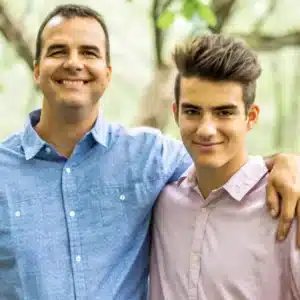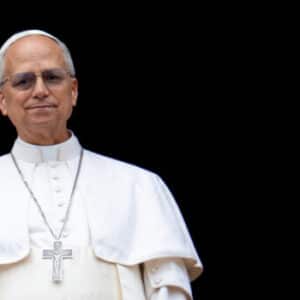One name now echoes defiantly in a sleepy village where rumors of girls being sold were whispered but never spoken: Julia Johnson. She is now a global advocate against child marriage and trafficking, having once been a 12-year-old child bride who was traded to save her brother.
It started on a typical morning. As her family quarreled over money—her younger brother Kenny was seriously ill, and the clinic required upfront payment they couldn’t afford—Julia was preparing oranges for the market. Everything valuable had already been sold.
And then there was James Johnson, a rich stranger who calmly offered to treat Kenny if she married him. When Kenny passed out, Julia decided to do it “if it saves Kenny,” despite her mother’s refusal.
Julia was married to a man who was decades older than her, and she was wearing a borrowed dress. No music. No happiness. Silently, she disappeared into his world. Horror, however, never materialized in James’s serene mansion. Rather, he offered her food, compassion, and a notebook, instructing her to “write.”
Then she discovered the truth: James had spent years rescuing girls just like her. saving them from destinies similar to her own, not taking advantage of them. “No one else would save you, so I did,” he said. Julia inherited his house, his fortune, and his mission after he passed away.
After her return, she established a school and rebuilt the clinic in her village. Through The Johnson Report, she revealed international networks of child marriage by the age of 13. She spoke to the UN at the age of 14. By the age of 15, she contributed to legislative changes. When she was sixteen, kids welcomed her with books rather than fear.
One girl questioned, “Are you a queen?” Julia grinned. Crowns are worn by queens. I have fire in me.





